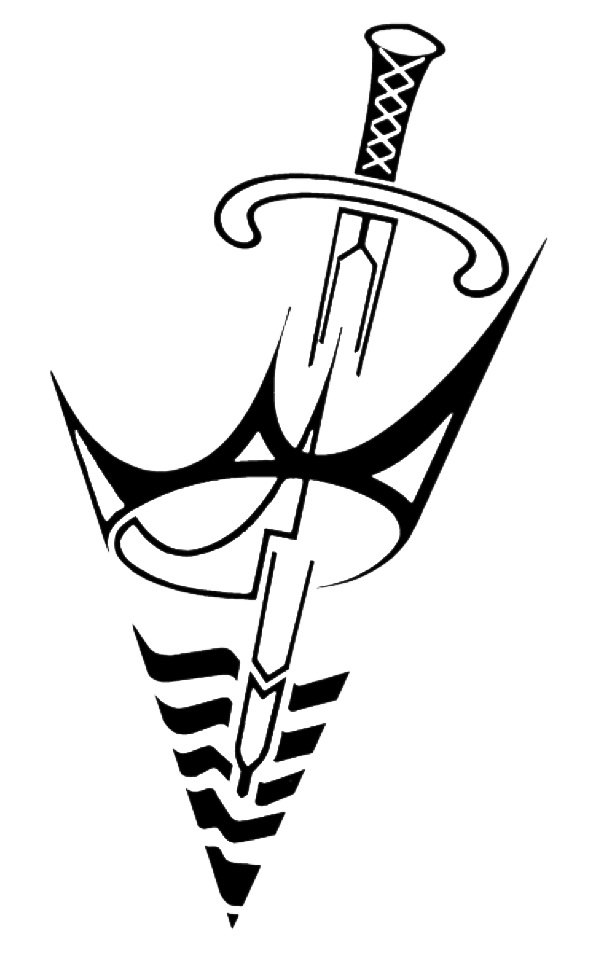About the author:
Carol Lake
Carol Lake has had a successful literary career since first winning the Guardian Fiction Award for her book Rosehill – Portraits from a Midlands City, and much acclaim for her second book Switchboard Operators, which subsequently became a television series called The Hello Girls.
She continues to write from her home in Derby, with this being her seventh published book, and keeps an active interest in the politics and people of the area and the world around her.



